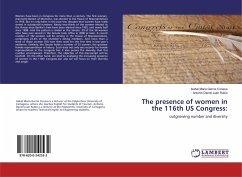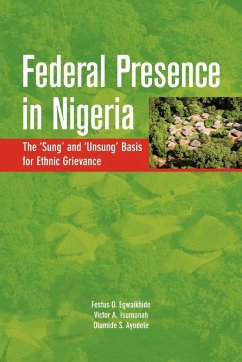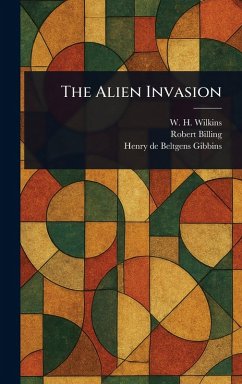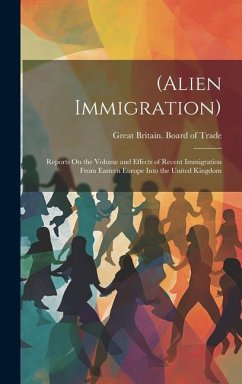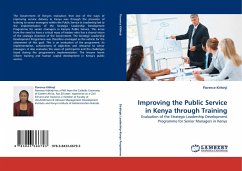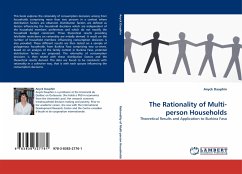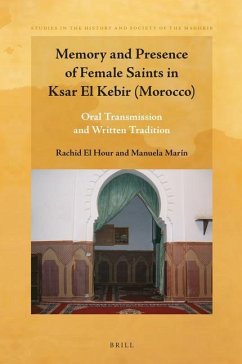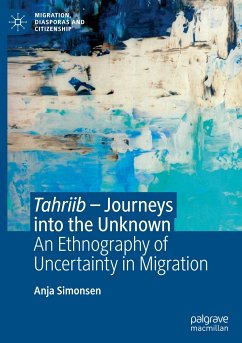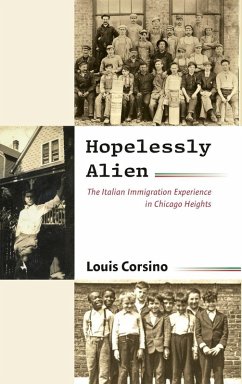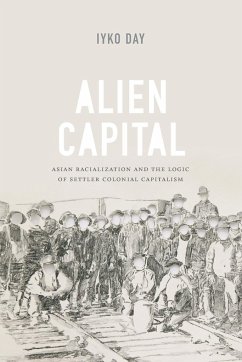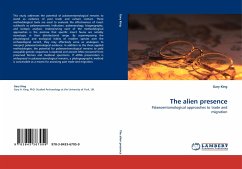
The alien presence
Palaeoentomological approaches to trade and migration
Versandkostenfrei!
Versandfertig in 6-10 Tagen
52,99 €
inkl. MwSt.

PAYBACK Punkte
26 °P sammeln!
This study addresses the potential of palaeoentomological remains to stand as evidence of past trade and culture contact. Three methodological tools are used to evaluate the effectiveness of insect subfossils as palaeoeconomic indicators: palaeoecology, biogeography, and isotopic analysis. Underpinning each of the methodological approaches is the premise that specific insect fauna are notably stenotopic in their distributional range. By superimposing the physiological and ecological habits of modern species over the archaeological record, they may effectively serve as analogues to interpret pa...
This study addresses the potential of palaeoentomological remains to stand as evidence of past trade and culture contact. Three methodological tools are used to evaluate the effectiveness of insect subfossils as palaeoeconomic indicators: palaeoecology, biogeography, and isotopic analysis. Underpinning each of the methodological approaches is the premise that specific insect fauna are notably stenotopic in their distributional range. By superimposing the physiological and ecological habits of modern species over the archaeological record, they may effectively serve as analogues to interpret palaeoentomological evidence. In addition to the three applied methodologies, the potential for palaeoentomological remains to yield assayable genetic sequences is explored and ancient DNA recovered from preserved Roman and medieval specimens. If aDNA preservation is widespread in palaeoentomological remains, a phylogeographic method is conceivable as a means for assessing past trade and migration.



